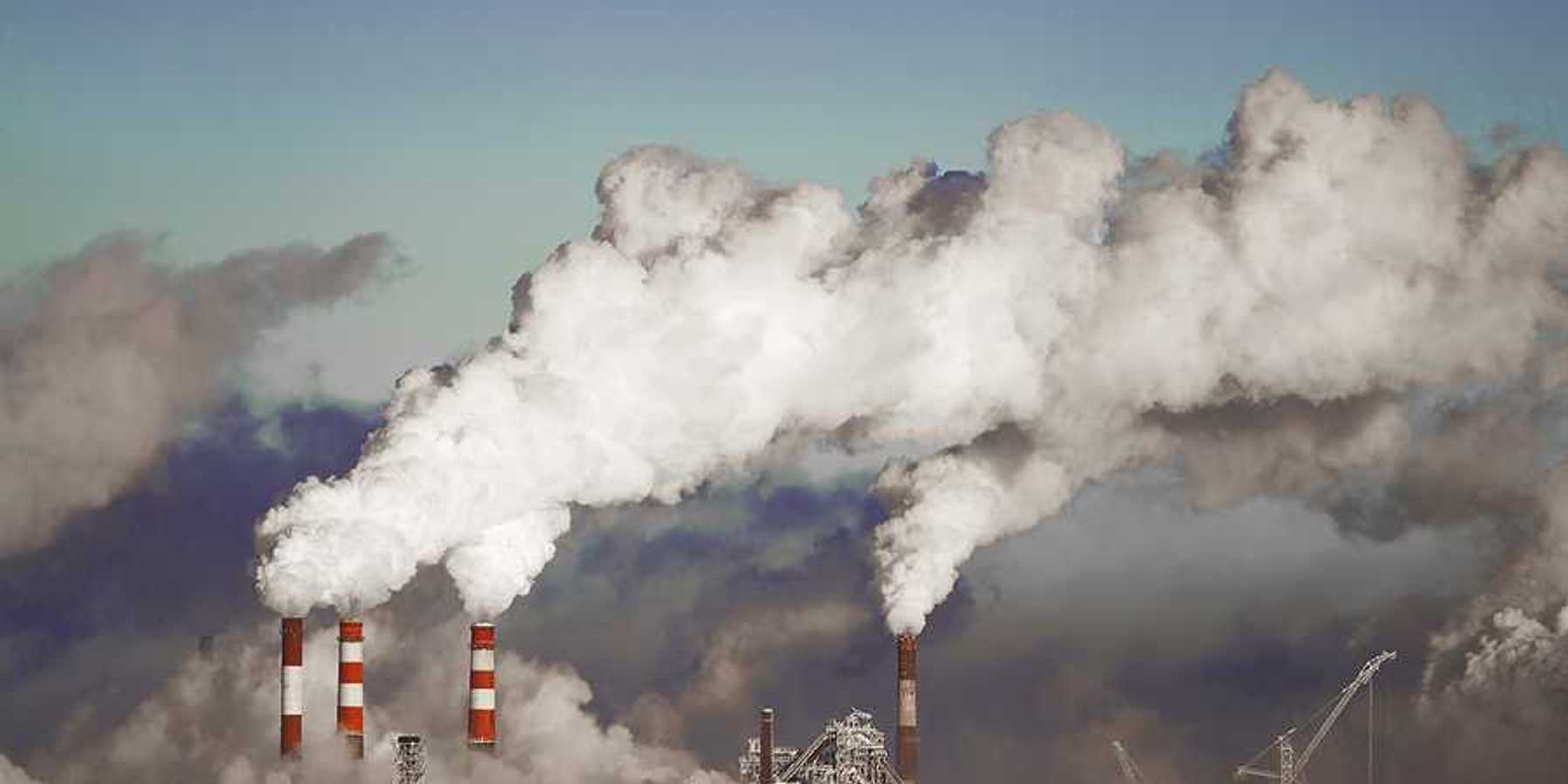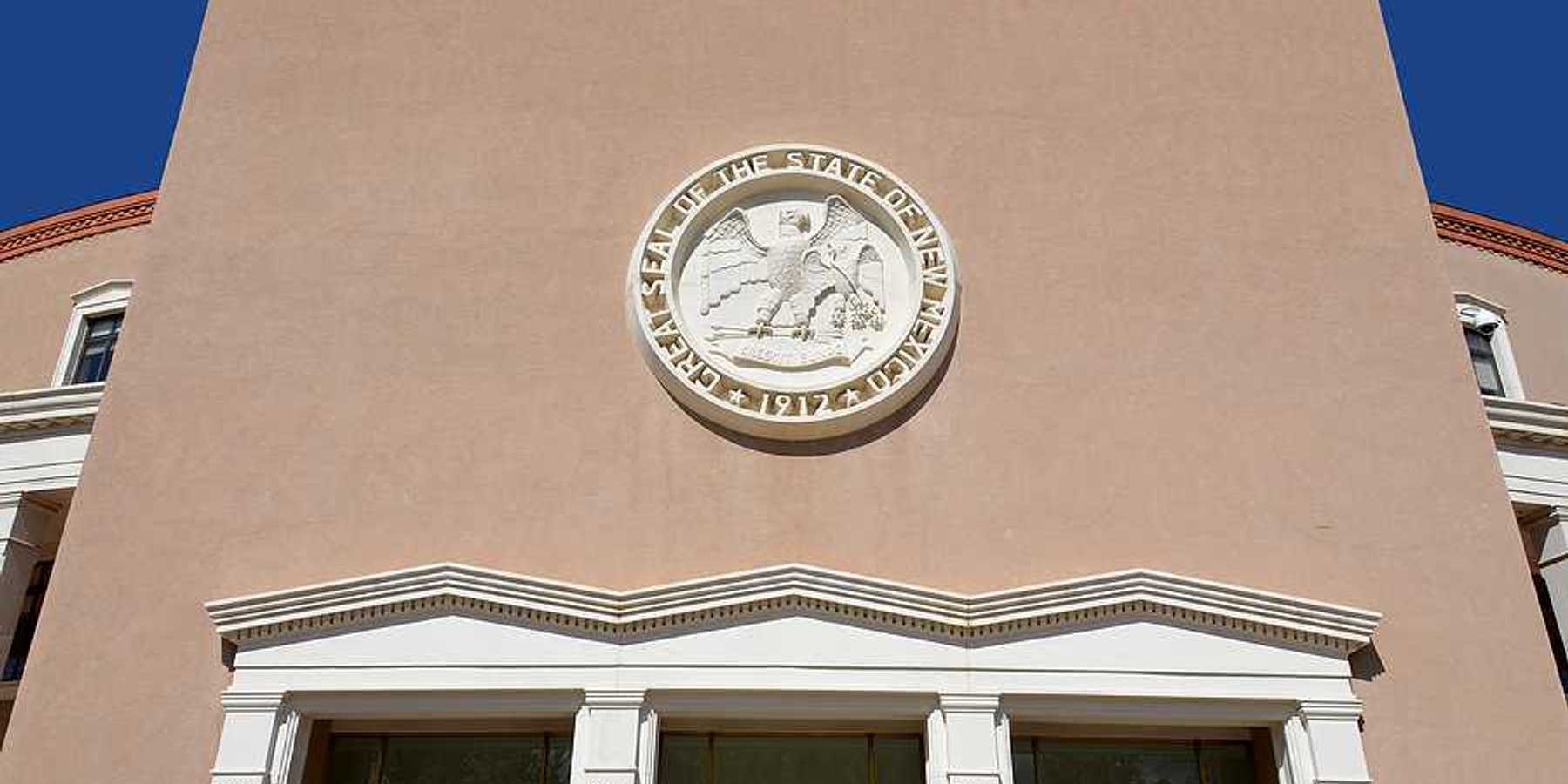Opinion: States must step up on workplace safety as federal protections erode
The incoming administration is expected to weaken federal workplace safety and public health regulations, leaving states and local governments to fill the gaps in protecting workers from hazards like toxins and extreme heat.
David Michaels writes for Bloomberg.
In short:
- Federal rollbacks in workplace safety standards, reminiscent of the Reagan era, may halt progress on key protections like extreme heat standards.
- States and localities have historically led the charge in advancing public health policies, influencing national regulations through grassroots action.
- As some states expand protections, others, like Texas and Florida, have passed laws to block stronger local worker protections, illustrating a growing political divide.
Key quote:
"Are we going to be the Philadelphia of 1918, or the St. Louis?"
— David Michaels, professor of environmental & occupational health at George Washington University and former OSHA administrator
Why this matters:
For workers, the stakes are both environmental and personal. Rising temperatures, more intense wildfires and the ever-present threat of workplace accidents mean safety on the job is more critical than ever. Whether your state steps up or stands down could mean the difference between resilience and crisis.
Read more: For thousands of Americans unhealthy chemical exposures at work are a needless reality.













